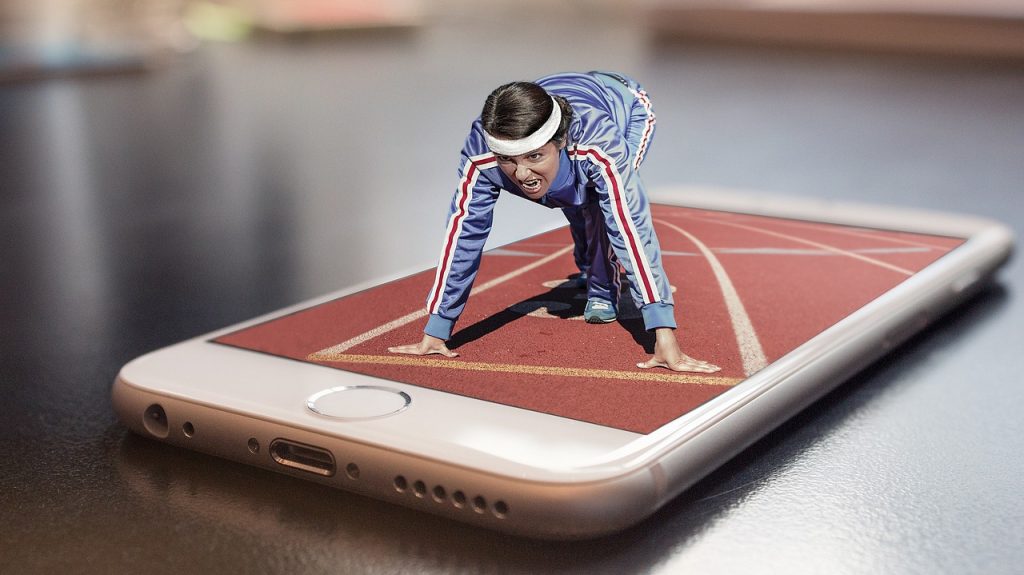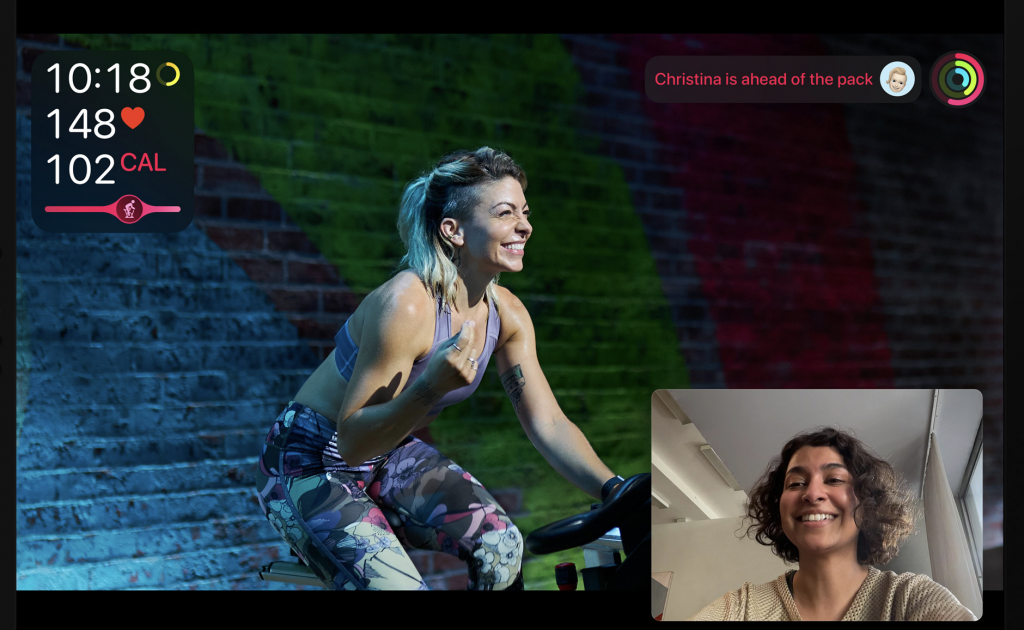Fitness Apps Are Better Than Personal Trainers?
Fitness apps are becoming so advanced that they may be able to outdo personal trainers.
This article is more than 2 years old

With the new year just beginning, many have already started on their own personal quests to fulfill their resolutions to get up, get active, and get in shape. And with things every so slowly starting to reach a shred of normalcy after being turned upside down by a two-year-long and counting pandemic, many people have made their way back to brick and mortar gyms and signed up with personal trainers. However, when the pandemic rocked the world and forced everyone to stay locked behind closed doors, society quickly rose to the challenge and an at-home fitness revolution was sparked. Fitness apps and subscriptions are now everywhere and many have attained remarkable results by using them, begging the question as to whether a fitness app can actually rival the expertise of a real live personal trainer at a gym?
According to the BBC, Jake Mor, the founder of FitnessAI, thinks that his app absolutely can. FitnessAI is a workout app that uses a combination of user data and machine learning to offer a uniquely tailored workout regimen to its users. Mor explained that his fitness app’s advantage over an in-person training session at a gym is all its algorithm. Mor highlighted that “FitnessAI does tons of math behind the scenes to figure out what your workout plan should look like,” he continued. “While trainers are great motivators, they are not math professionals.”
A UK-based marketing consultant, Tom Bourlet is one who found particular success with FitnessAI. Bourlet explained that FitnessAI came as a welcome alternative to going to the gym. He detailed that he is at a stage in his life where utilizing the app just fits better into his schedule. He detailed that he can conveniently monitor his progress while at work and can easily plan to fit workouts into his busy day-to-day life. Bourlet also pointed out that the app does a better job of keeping him on target because of how precisely it outlines each exercise in a workout, down to even the seconds he should wait between weight lifting intervals. To date, Bourlet has lost nearly 42 pounds by choosing to use a fitness app over a personal trainer.

Despite, Bourlet and many others attaining remarkable results from using fitness apps like FitnessAI, some experts remain unconvinced that an app is truly capable of replacing one on one human coaching. Anthony Papathomas, a sports and fitness psychologist, is one who thinks fitness apps don’t even come close to replacing an actual personal trainer. He highlighted that human beings have the ability to empathize and relate to one another, whereas fitness apps do not. “With an interpersonal relationship you are going to get that increased sensitivity to personal needs,” said Papathomas.
While fitness apps might not yet be able to rival the experience one would get when working with a personal trainer one on one, it is clear that there are benefits to using them. Not only are they very likely cheaper than hiring an actual person to help you get in shape, but they are exceedingly more convenient. All in all, fitness apps really make sense within the framework of the fast-paced, pandemic-plagued society in which we all live, just don’t count personal trainers out yet.




